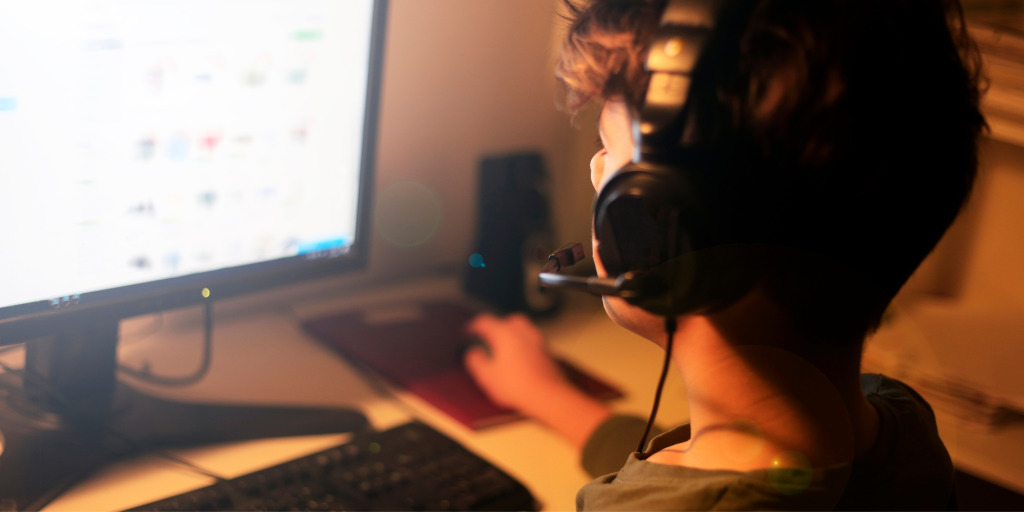
Parent Question:
My 12-year-old son wants to start posting videos on YouTube. He is mad into video games and soccer and watches vlogs and commentaries on YouTube. He would do this all day long if I let him. He is now trying to make his own video clips and says he wants to post them online. He says some of friends are doing this already. The videos are harmless enough, but I worry about whether it is a good idea.
Once the videos are on the internet they will be there forever – and what if he posts something embarrassing for when he is older. I do supervise his internet usage but safety is always a worry. He will be 13 next week and he is pushing that after his birthday he should be allowed to have his own YouTube account to post videos.
Answer:
It is your judgment as a parent as to whether you allow your nearly 13-year-old son post videos online. YouTube does not allow children under 13 to create their own accounts and 13 to 17-year-olds need parental permission before starting their own channel. Lots of parents like you have genuine concerns regarding privacy and the longevity of videos online, especially for younger teens who do not yet have the maturity or judgment about what content they might want to put out about themselves.
On the other hand, social media and the internet are now the dominant way young teenagers learn and communicate with each other. Making and posting some videos under supervision might be a way for him to express himself and connect with friends, as well as to learn some new digital skills.
Whatever you decide, I would suggest that you use this dilemma as an opportunity to talk through the issues with your son, and to increase his knowledge and safety online. Below are some ideas.
Get to know your son’s internet interests
Spend some time with your son getting to know what he likes about the videos and vlogs on YouTube and any other internet interests he has. Ask him to show you the videos he is inspired by as well as the ones his friends/peers are making online. (It is worth checking out who these friends are and how he knows them). Also, take time to listen to his ideas for his own videos and how he plans to make them.
Discuss safety concerns
As you review his internet interests, discuss your safety concerns with him. Discuss the importance of respect and privacy and how everyone needs to be careful about what they post online. Explain how videos once they are posted can be online forever and how they can be shared or receive mean comments and feedback. Discuss how much online material is problematic (violent, porn, hateful, misinformation, etc) and come up with a plan as to what he will do if he comes across it.
You could adopt a gradual approach
You don’t have to make a yes or no decision straight away. You could delay things and say that while he can make some private vlogs and videos that you can view at home, he is not allowed to post them online. You could either specify an older age when you think he can (eg 15) or just say you will review at a later milestone (next summer, etc).
Set up a test account
You could also set up a YouTube account for your son that is linked to your own email. You can ensure the settings are set to private and turn off comments, etc. You can approve what is uploaded and make sure viewings are limited to his friends and family in the first instance. You can give your son full control over the creative design of the channel and allow him to start making his videos. This way he can learn while being supervised in a protective space.
Install safety controls
When letting young teenagers use the internet, I think it is important to protect them as much as possible from coming across inappropriate material. Though not foolproof, using safety controls on their devices is an important part of this process. You can use the screen time app on Apple or the family link account on Android to set up a range of safety controls such as blocking adult or inappropriate sites or setting limits on screen time usage (eg a maximum of two hours on YouTube and turning off one hour before bedtime). These features take a bit of time to set up, but are well worth it, so you retain some control.
I also suggest that parents agree with young teenagers that they will periodically check their internet usage (for example, logging into their phones to see what they are doing). This sense that internet usage is transparent and something their parents can check can add to a sense of safety for the teenager, especially in the early days.
Have a regular check in
As you let your son start a new social media app such as YouTube, it is important to regularly check in to see how he is getting on. Ask him to show you what he is doing and what he is enjoying and check if there are any problems. For example, if in the future he does start sharing his videos, he might get negative feedback and it is important to talk about this so he can learn from the experience.
For more information on helping your teenagers be safe and get the most out of social media and the internet, have a look at commonsensemedia.org or webwise.ie.
John Sharry is founder of the Parents Plus Charity and an adjunct professor at the School of Psychology, University College Dublin. This parenting Q&A was originally published in the Irish Times in July 2023. John writes in the Irish Times Newspaper on Tuesdays. His website is www.solutiontalk.ie.
